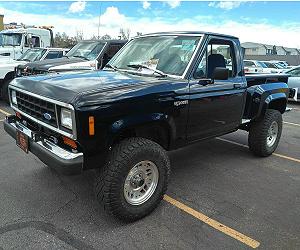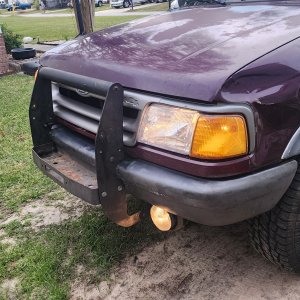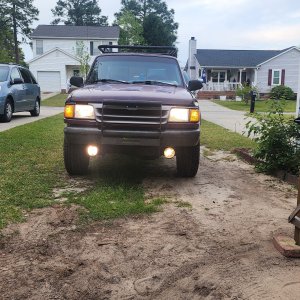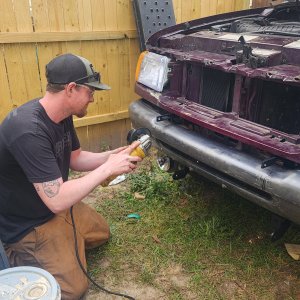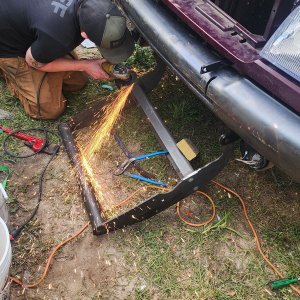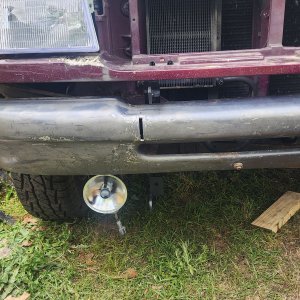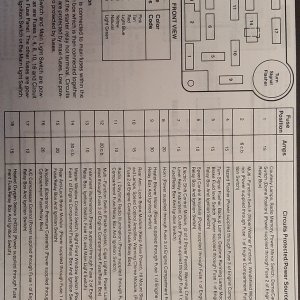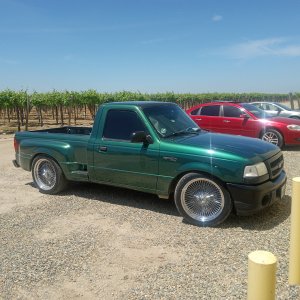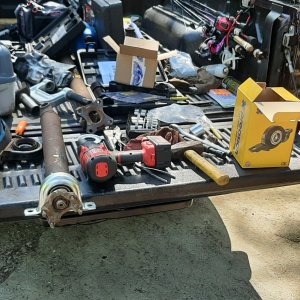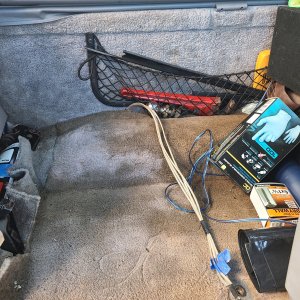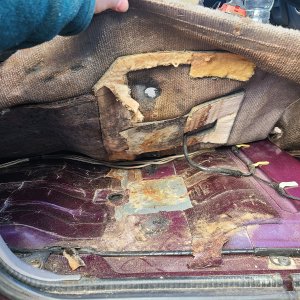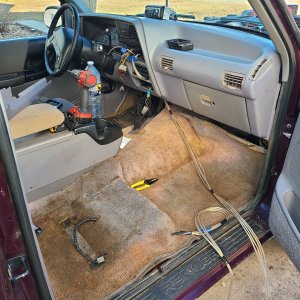Ethanol has a lower energy content and WILL lower your MPG.... how much, depends on how the engine computer can compensate (despite claims to the contrary by the ethanol supporters). The only way to get anywhere near the full power that pure ethanol would yield, is to run compression ratios of around 12-1 or better. Cam and spark can (potentially) be adjusted on the fly.... compression, not so much.
It does oxygenate the fuel (somewhat) which helps with certain emissions, particularly at higher altitudes.
Ethanol gas is terrible in small engines. I had a very good small engine mechanic tell me to run my lawn mower till the gas tank and carb were totally dry if I could. It does help. At the end of the season, dump all the mower gas into your vehicle and don't try to use it next spring. It WILL absorb enough extra moisture out of the air that nothing will run, at least in the climate I live in (which isn't particularly humid). Every spring I used to have to pull the carb bowl on the mower and dump out what was in it, to get it to run (before I figured all this out). Dump the carb bowl on a concrete driveway or sidewalk and you'll see the water bubble up on top of the gas. For the old mower left at the deer lease, I'd just run it till the tank was dry, and put a plastic bin over the top of the mower with a rock on it to keep the wind from blowing it off. Left it out in the weather like that under a tree and didn't hurt anything a bit, always started and ran on fresh gas (with ethanol or not).
My old Stihl chain saw (says "Made in West Germany" on the bar) ran great for years, till I ran some ethanol gas through it and left it in the tank. Next time I went to use it, the fuel filter had totally dissolved and much of it was in the carb..... @$%@#$%@#$.....
2 cycle / 2 stroke (whatever you want to call them) are VERY sensitive to the octane, and the jets in the carbs are WAY too small to tolerate any water in the fuel. Have resurrected a few old pieces of lawn equipment by getting the (correct!) pre-mix fuel. It DOES make a difference if it is 40-1 or 50-1 ratio, because oil raises the octane. Gotta get the right stuff for whatever the gas cap on it says. Yeah it is expensive to buy it in the cans, but hey it is nice when stuff actually starts and runs......
As noted in the thread, fuel injected vehicles tolerate all this much better. One of my friends borrowed my truck (97 OHV) and put E-85 in it, because he's cheap, and there didn't seem to be any ill effects. I put some better quality gas in the next tank after I found out.
The whole thing is beyond stupid when you look at the costs of making the ethanol out of corn, but doubt we'll get away from it any time soon. Not till we get early primaries / caucuses out of corn producing states. Burning petroleum products to distill ethanol, is just dumb, dumb, dumb...... What people don't realize (unless they brew their own beer) is that the yeast can't get the alcohol content anywhere near where it needs to be, and the distillation process takes HUGE amounts of fuel. Moonshiners could get caught if their distillation fire didn't burn out overnight, and was still producing smoke in the morning.

